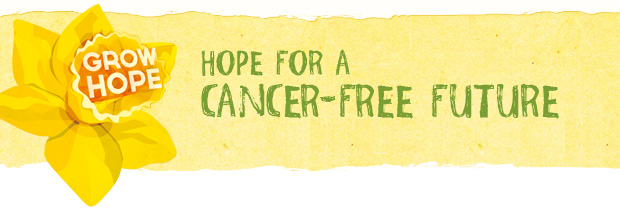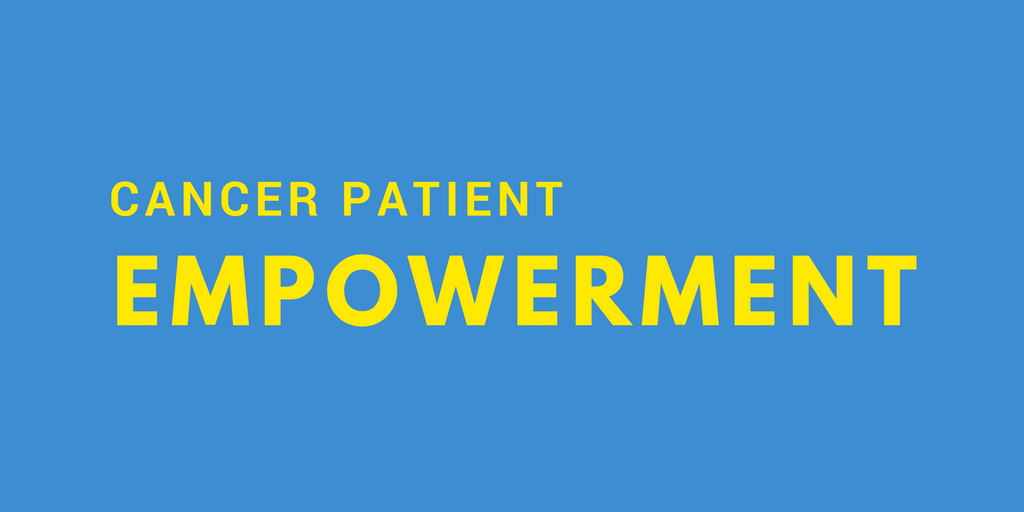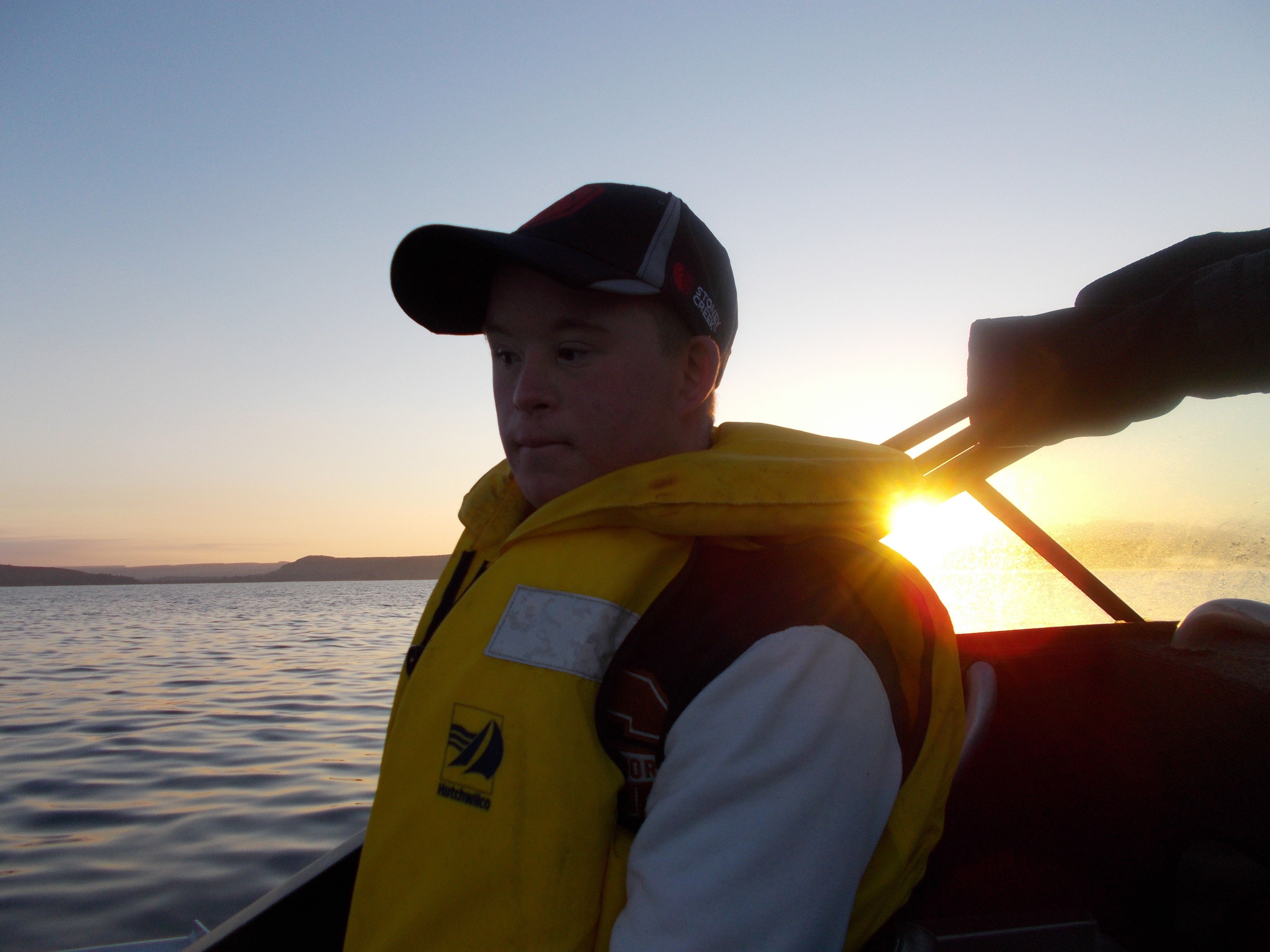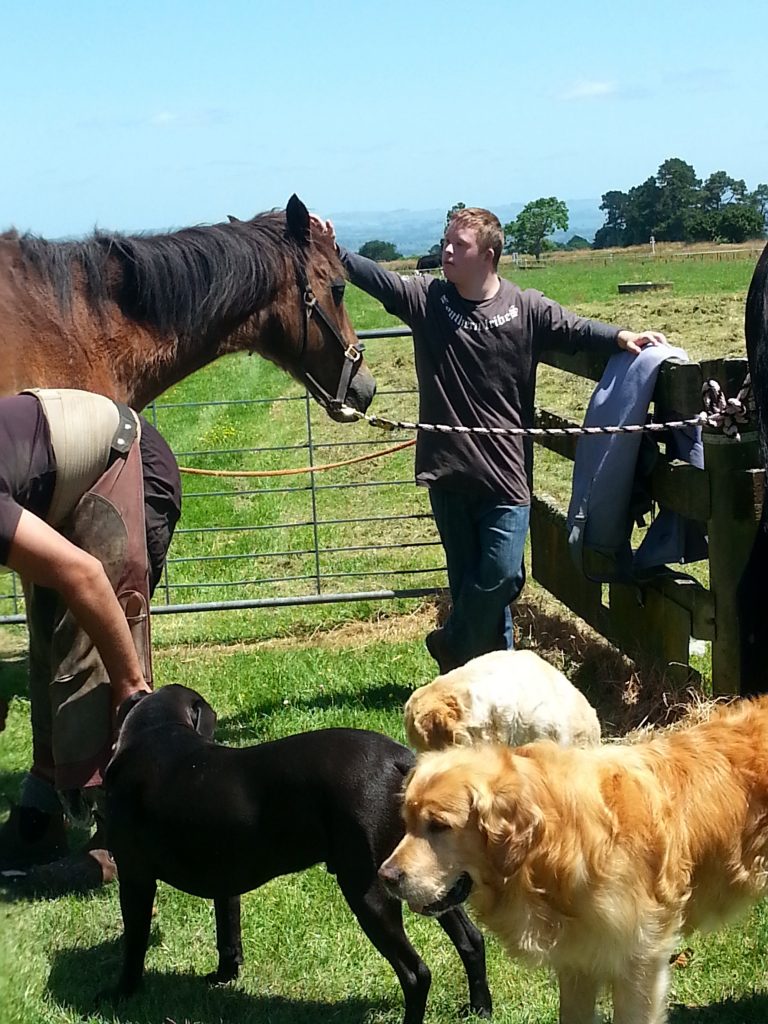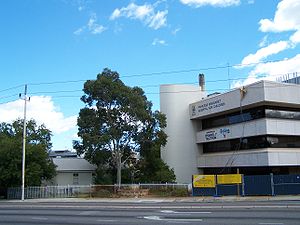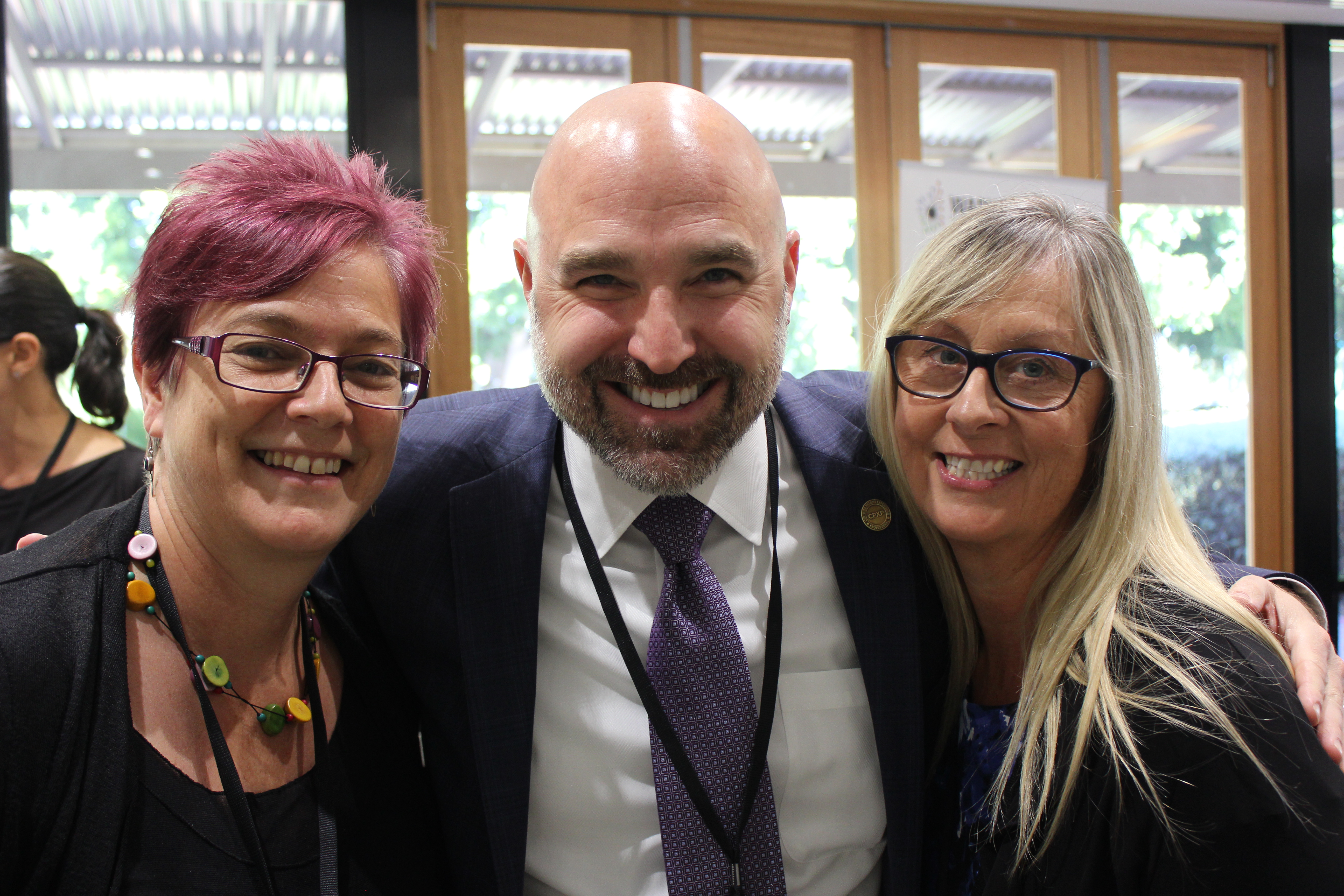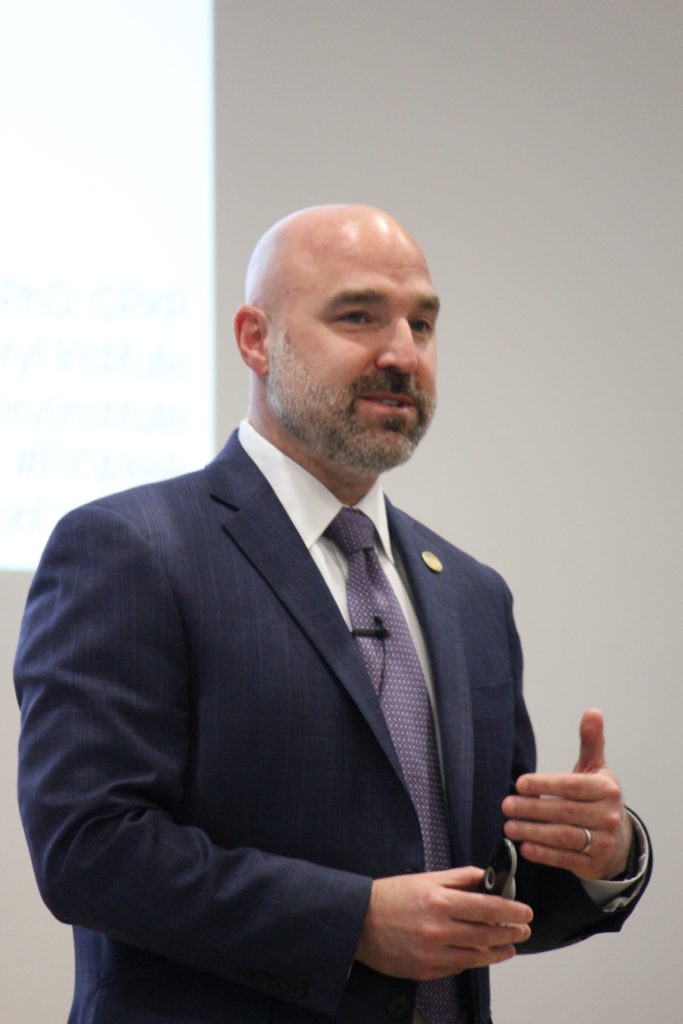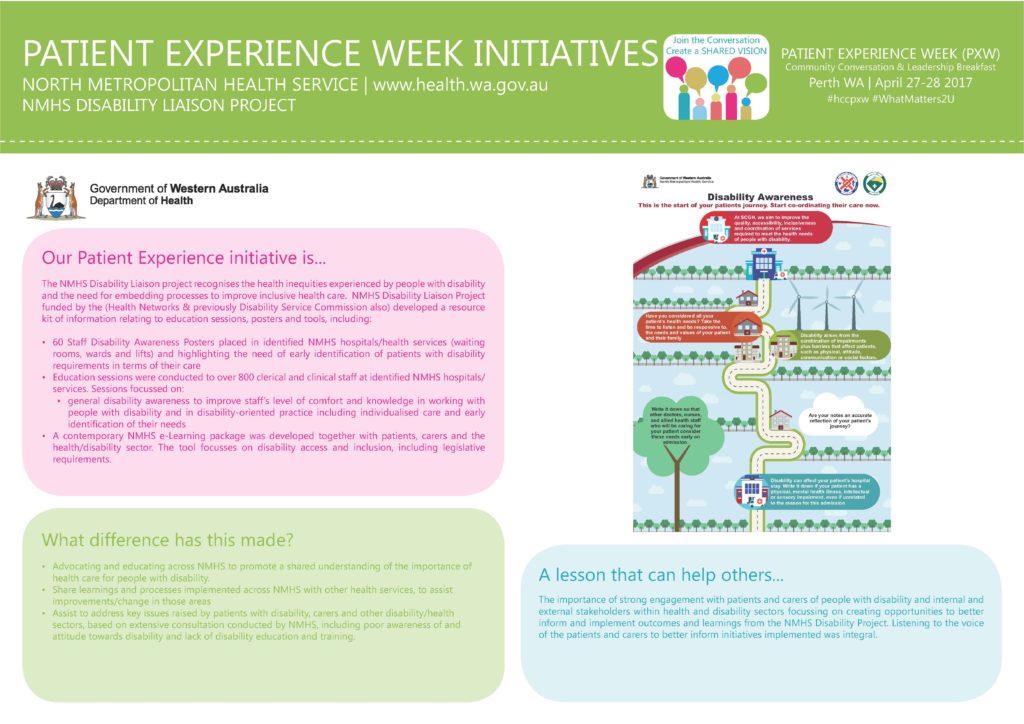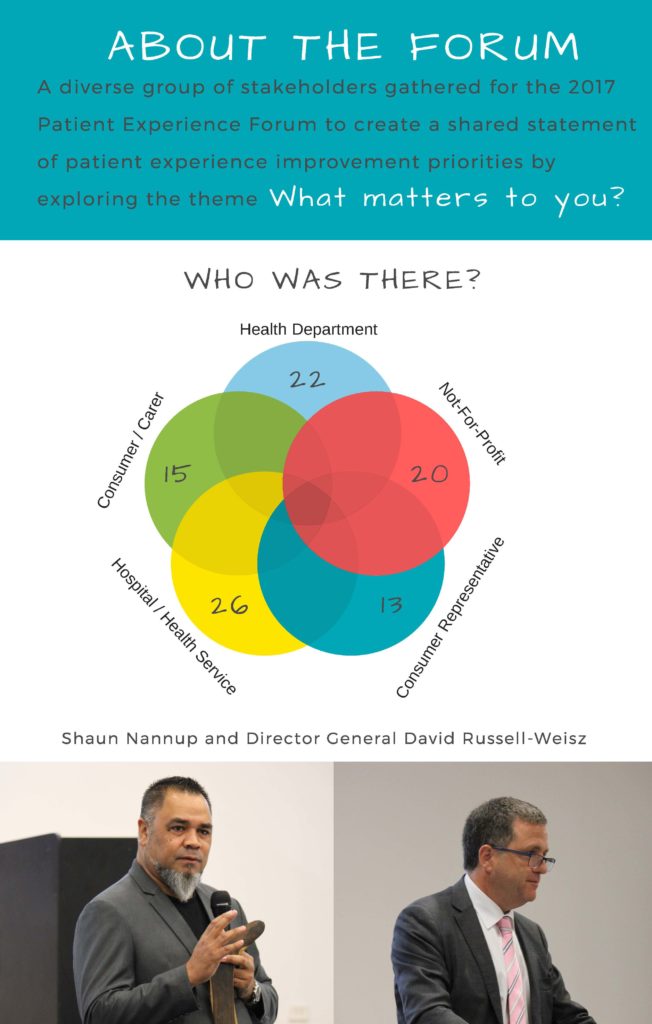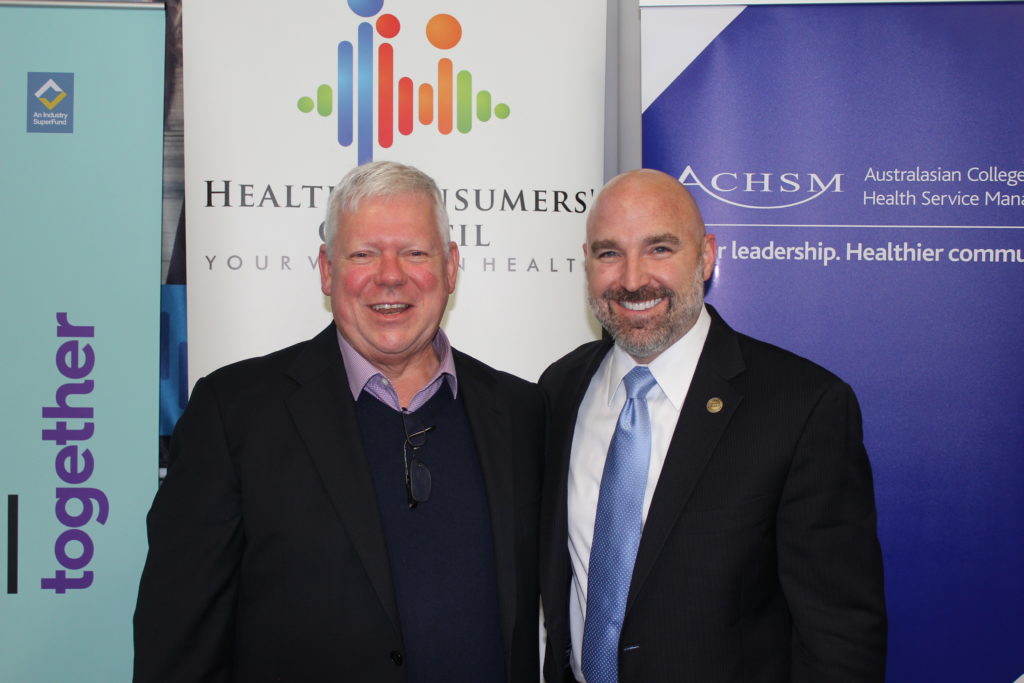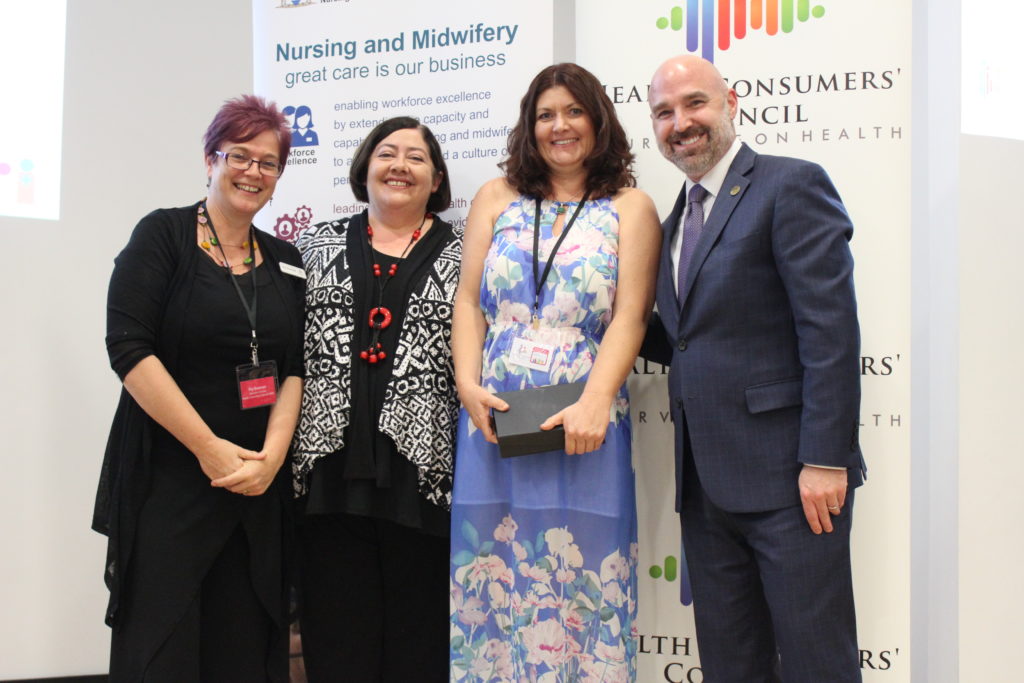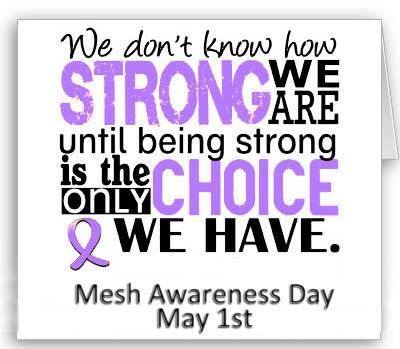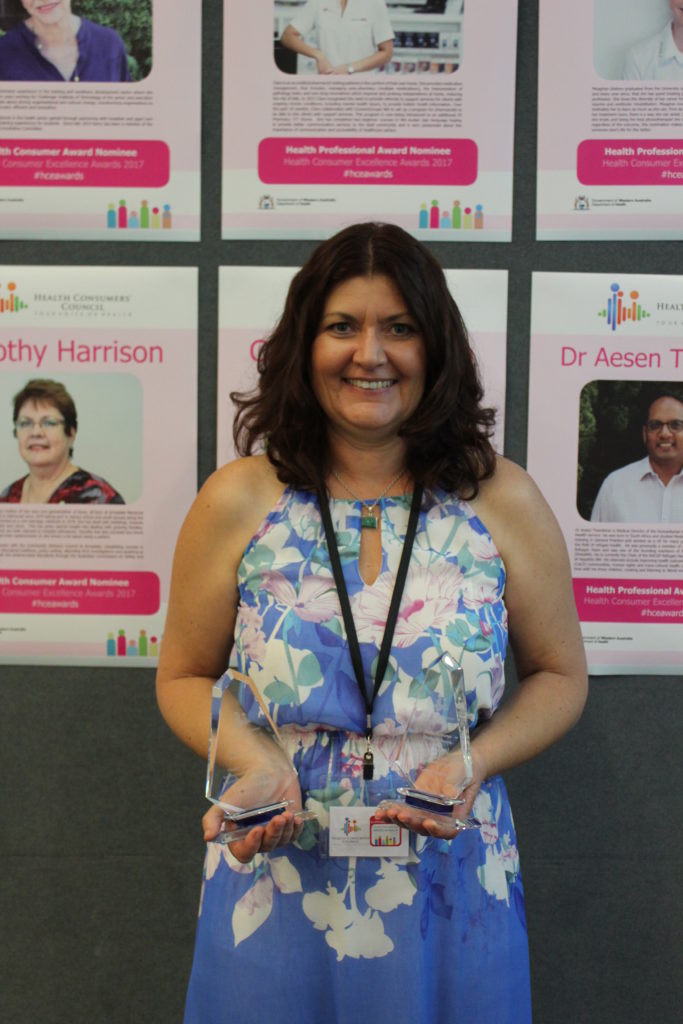In his recent presentation at Black Swan Health’s symposium, Executive Director of Orygen (the National Centre of Excellence in Youth Mental Health) and 2010 Australian of the Year, Professor Patrick McGorry highlighted the shocking impact that mental illness has on the economy and the need for youth early intervention services to reduce its economic and social burden.
According to Professor McGorry, mental illness accounts for 16% of Australia’s total economic health burden, ahead of cancer and cardiovascular disease. Despite its dominancy, just 5% of Australia’s federal health budget is allocated to mental health initiatives.
For Australians aged 12-30, mental health issues are more significant than all other health issues combined, so it is young people that suffer the most from the lack of funding – often at a pivotal developmental stage in their lives.
As Professor McGorry outlined in his Perth address, there is a higher economic impact caused by debilitating mental illnesses in young people, as it disrupts their level of education and long-term future employment prospects. Early intervention is consistently more effective for mental health recovery, and with early adulthood being the peak onset for mental illness, youth early intervention mental health services are essential to Australia’s social and economic wellbeing. This is why Black Swan Health and Professor Patrick McGorry are passionate advocates in this area.
Professor McGorry led the way in the development of headspace – a free, youth-friendly mental health service for 12-25-year-olds across Australia; as well as the headspace Youth Early Psychosis Program (hYEPP) – the only comprehensive, free and accessible service for treating early psychosis in young people in the Perth north metropolitan region.
Black Swan Health’s headspace centre in Joondalup is the primary hub for the hYEPP program. It is also delivered from headspaceOsborne Park and Midland. The early intervention model minimises the impact and prevalence of psychotic symptoms on the young person’s daily life, enabling them to maintain or return to their regular activities with as little disruption as possible.
Terina Grace, CEO, Black Swan Health, stated that “The best healthcare outcomes occur when young people experiencing psychosis are provided access to specialised, intensive services as early as possible. Black Swan Health is grateful to have the opportunity to deliver its highly effective early psychosis program to young people in need. The program is based on Australia’s leading research in this field by Professor McGorry and Orygen and has been replicated and recognised internationally.”
Black Swan Health’s Clinical Lead, Dr Gordon Shymko stated “the program’s design involves an assessment team which responsively reaches out to young people in the community; the clinical continuing care team that provides a comprehensive management and treatment program; and the functional recovery team that assists young people to remain employed, in school, at home, to retain relations and lead their normal lives day to day, whilst still receiving world class care and treatment they need.”
If you know a young person who’s having a tough time, let them know about headspace today. Young people can access the services directly through headspace. Alternatively, a referral from a general practitioner or other mental health service-provider is all you need to access hYEPP.







